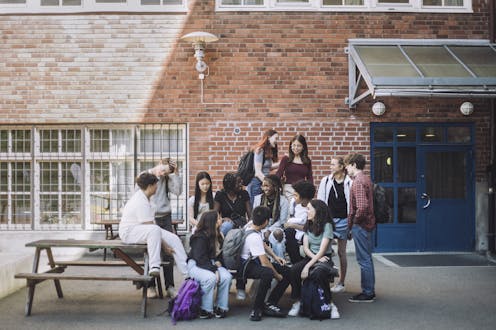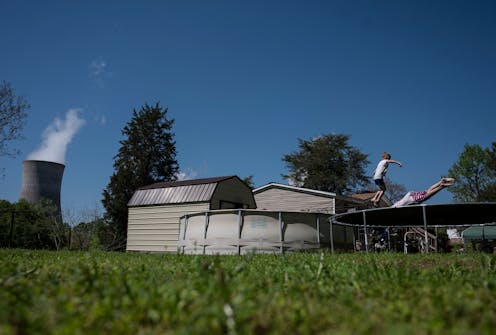Dozens of US adolescents are dying from drug overdoses every month − an expert on substance use unpacks the grim numbers with 3 charts
- Written by Ty Schepis, Professor of Psychology, Texas State University
 Drug-induced deaths are another reason to frequently check in on your adolescent’s mental health. DigitalVision/Getty Images
Drug-induced deaths are another reason to frequently check in on your adolescent’s mental health. DigitalVision/Getty ImagesDrug overdose deaths in the United States continue to rise.
Overdoses claimed more than 112,000 American lives from May 2022 to May 2023, according to the Centers for Disease Control and Prevention, a 37% increase...











